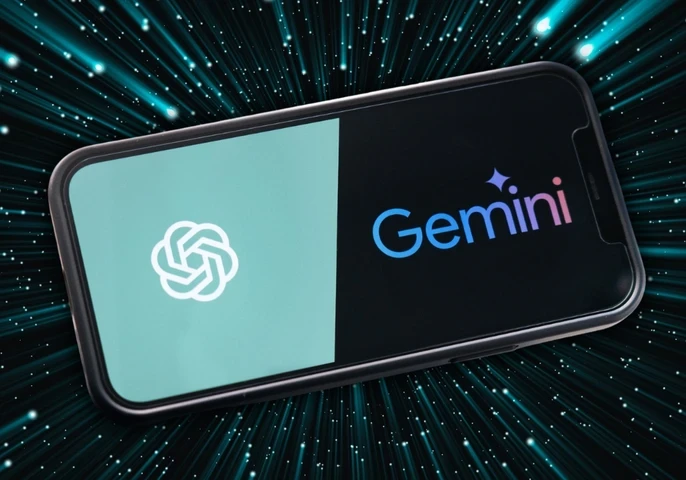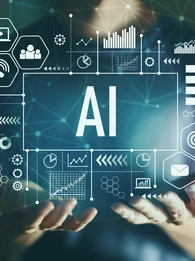Excerpt adapted from “Humanizing AI Strategy” by Tiankai Feng.
We're drowning in AI content. Every LinkedIn post is about ChatGPT. Every conference has twelve panels on "the future of work." Every vendor suddenly has "AI-powered" slapped on their product like a digital participation trophy. It's exhausting. And somewhere between the doomsday predictions and the techno-utopian promises, we've lost track of something important: ourselves.
Here's what nobody wants to admit-the moment AI showed up, we all got a little weird. Smart people started talking like robots. Creative individuals began to doubt their own ideas. Leaders who once trusted their instincts suddenly needed a model to validate every decision. We created this technology to augment human intelligence. Instead, we're letting it make us feel dumber. The irony would be funny if it weren't so tragic.

Remember when data was the new oil? Well, now AI is the new...everything, apparently. And just like with data, the panic is real. People are frantically updating their LinkedIn profiles, adding "Al enthusiast" as if it were a personality trait. Job titles are becoming increasingly longer and more complex. (What exactly is a "Chief AI Evangelist" anyway?)
Meanwhile, actual humans-brilliant, creative, messy humans- are whispering in hallways: "Am I doing this right?" "Is my job safe?" "Do I need to learn Python by Monday?"
And while it might sound obvious-yes, we're all still human-the reality is more nuanced. Because let's face it: most of us are already working with AI, whether we admit it or not. This book? Yes, AI tools helped co-write it. Chances are, something you did today- whether it was replying to a customer, generating a slide, or writing an email was shaped by a system that mimicked human intelligence. We live in a world where AI helps us sound smarter, faster, and more productive. And in that process, we've all become a little more machine-like ourselves, leaning on AI to polish our words, plan our days, and sometimes even think for us.
It was challenging to write this book because AI is an endlessly evolving field, with technological advancements occurring every week and constant speculation about its future direction. Writing about AI strategy felt like placing bets on which futures will matter, even when I don't feel fully confident predicting them. But then again-don't we all feel that way sometimes?
There's another interesting paradox: we say AI is just a tool, but we often talk about it as if it was a person. And that's not just because it feels real. It's because we humans like to anthropomorphize (treat non-human things as if they were one of us). Al systems have become convincingly human-like in tone, timing, and even emotional intelligence. And while most of us agree that AI isn't a person, we still slip into language and behaviors that treat it as something more than code. That's where the trouble begins-not because we care too much, but because we forget that AI doesn't care at all.
Humanizing AI Strategy is a groundbreaking guide that challenges the status quo of artificial intelligence adoption in the workplace. Instead of focusing solely on machine learning models, data pipelines, or generative AI tools, this book explores how to build ethical, sustainable, and people-centric AI strategies that work in the real world. Whether you’re a business leader, AI product manager, data strategist, or simply AI-curious, this book offers a jargon-free approach to designing AI systems that align with your organization’s goals and your values.







Comments ( 0 )